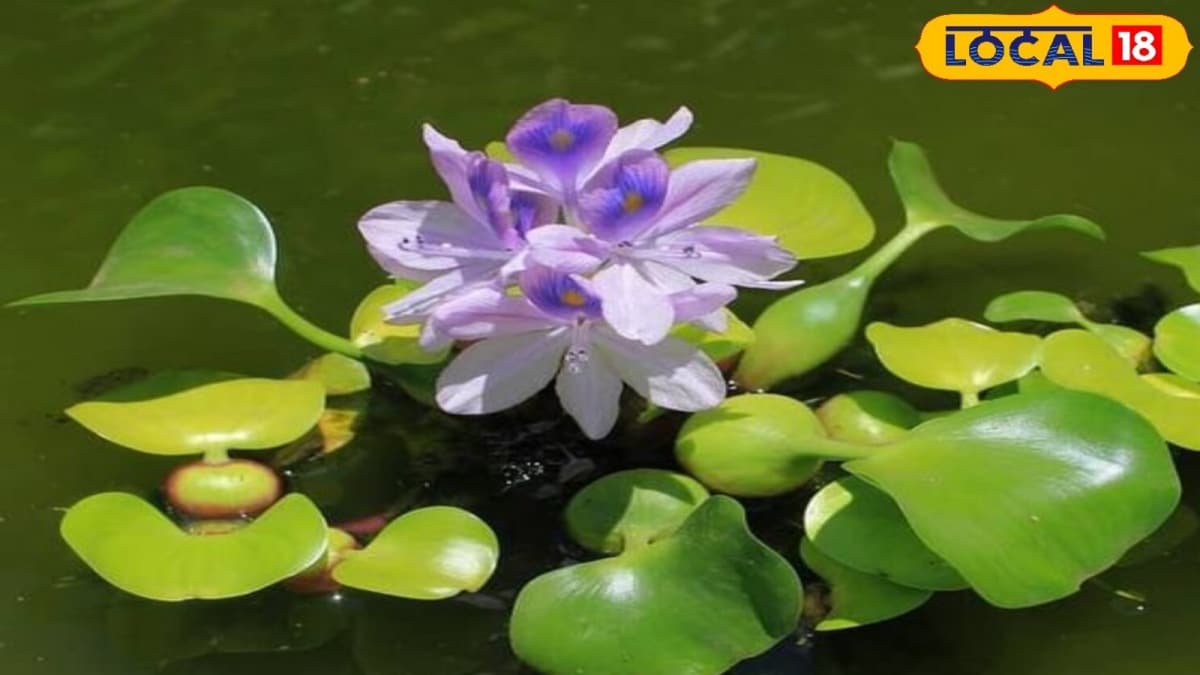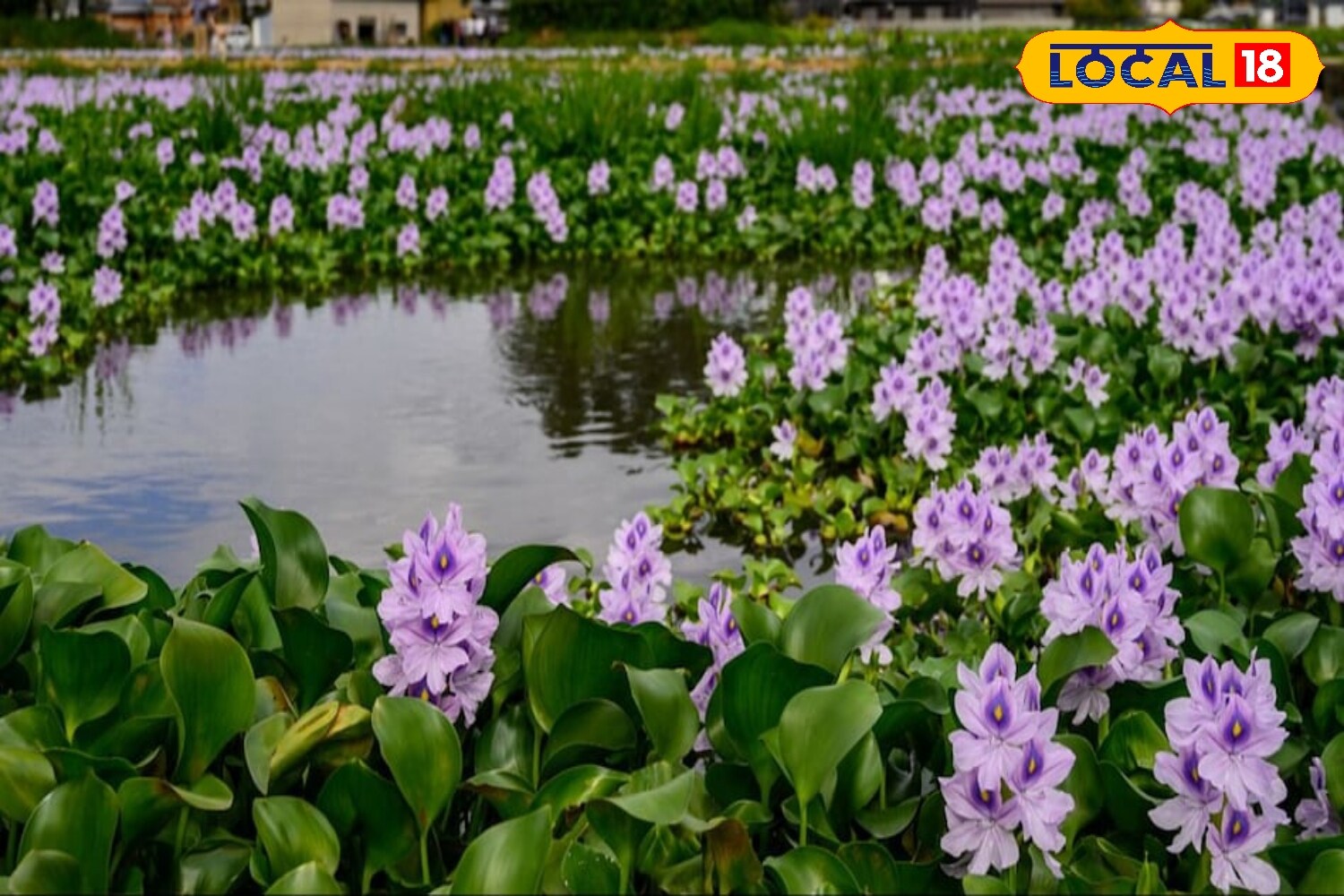
Water hyacinth, commonly found in rivers and ponds, is extremely harmful in various ways. Research has shown that aquatic life in water bodies invaded by water hyacinth is under significant threat. In essence, the plant overwhelms rivers and ponds, depleting oxygen levels and increasing water pollution, which poses a serious danger to aquatic ecosystems. (Local18)
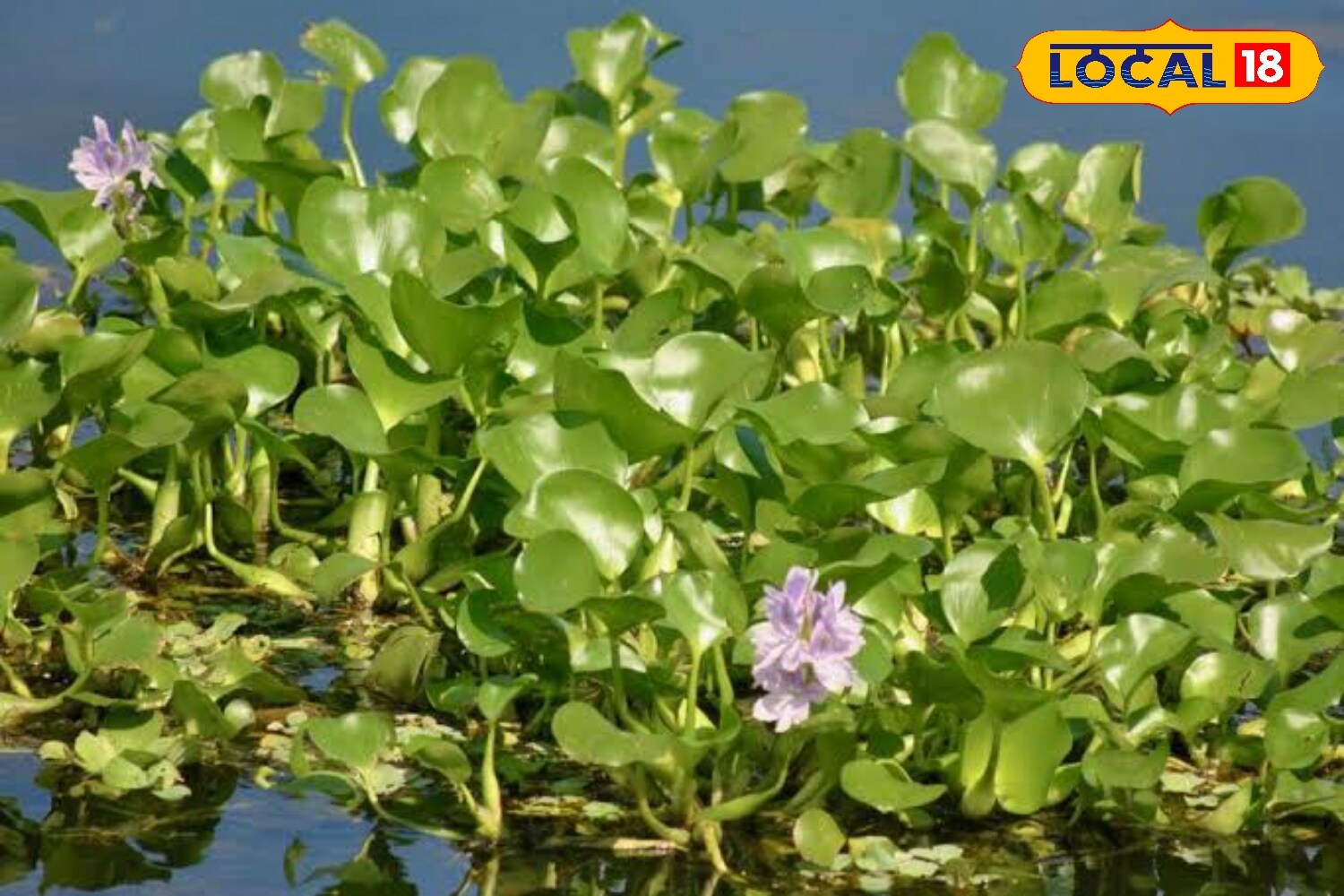
Originally cultivated in West Bengal, the plant earned the nickname ‘The Terror of Bengal’ due to its invasive nature. Despite its many disadvantages, water hyacinth also offers notable health benefits and is recognised in Ayurveda for its medicinal properties. (Local18)
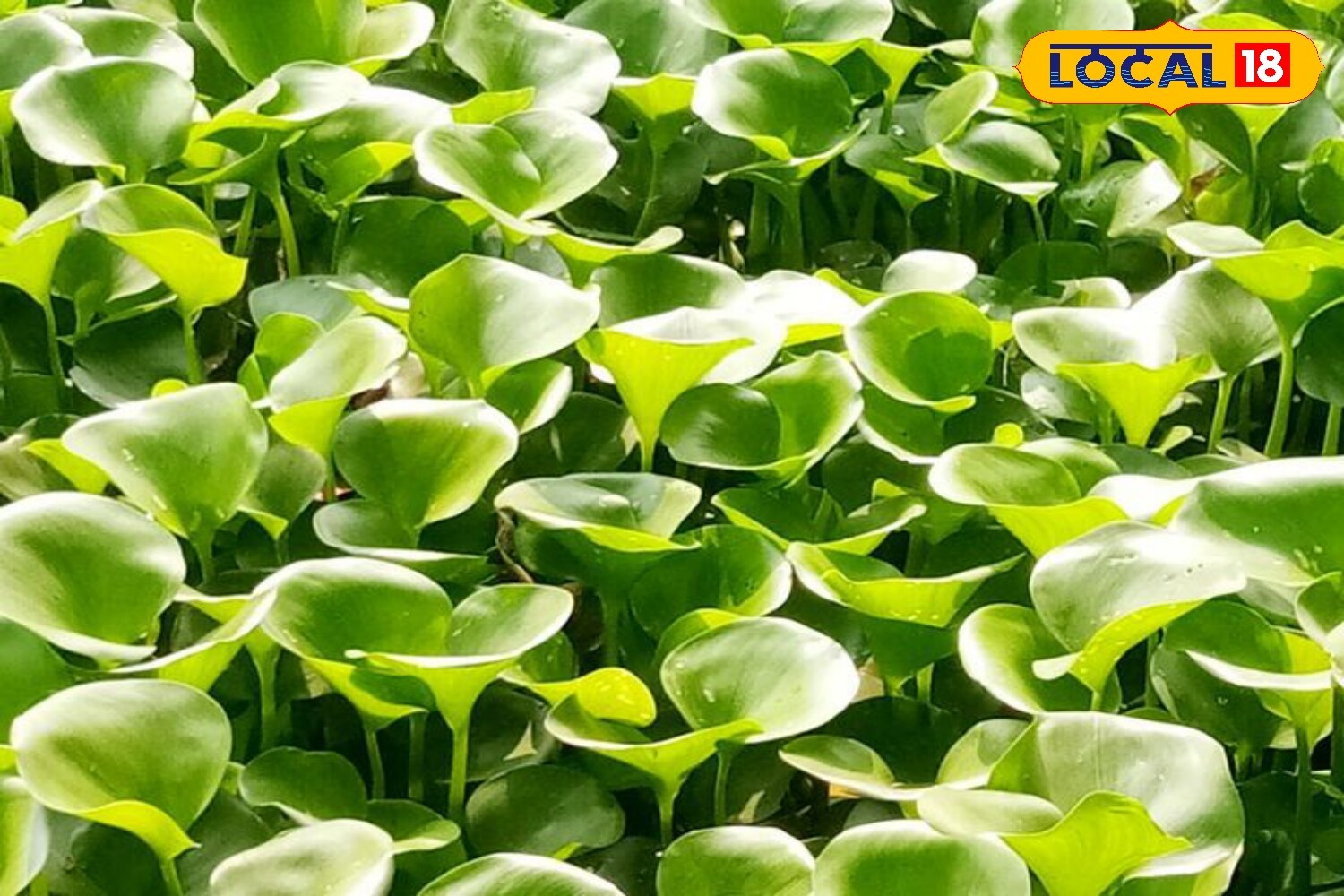
The leaves of the plant possess antifungal and antibacterial qualities. Furthermore, it is rich in nutrients and is believed to have anti-ageing and anti-cancer properties, making it highly beneficial for human health. (Local18)
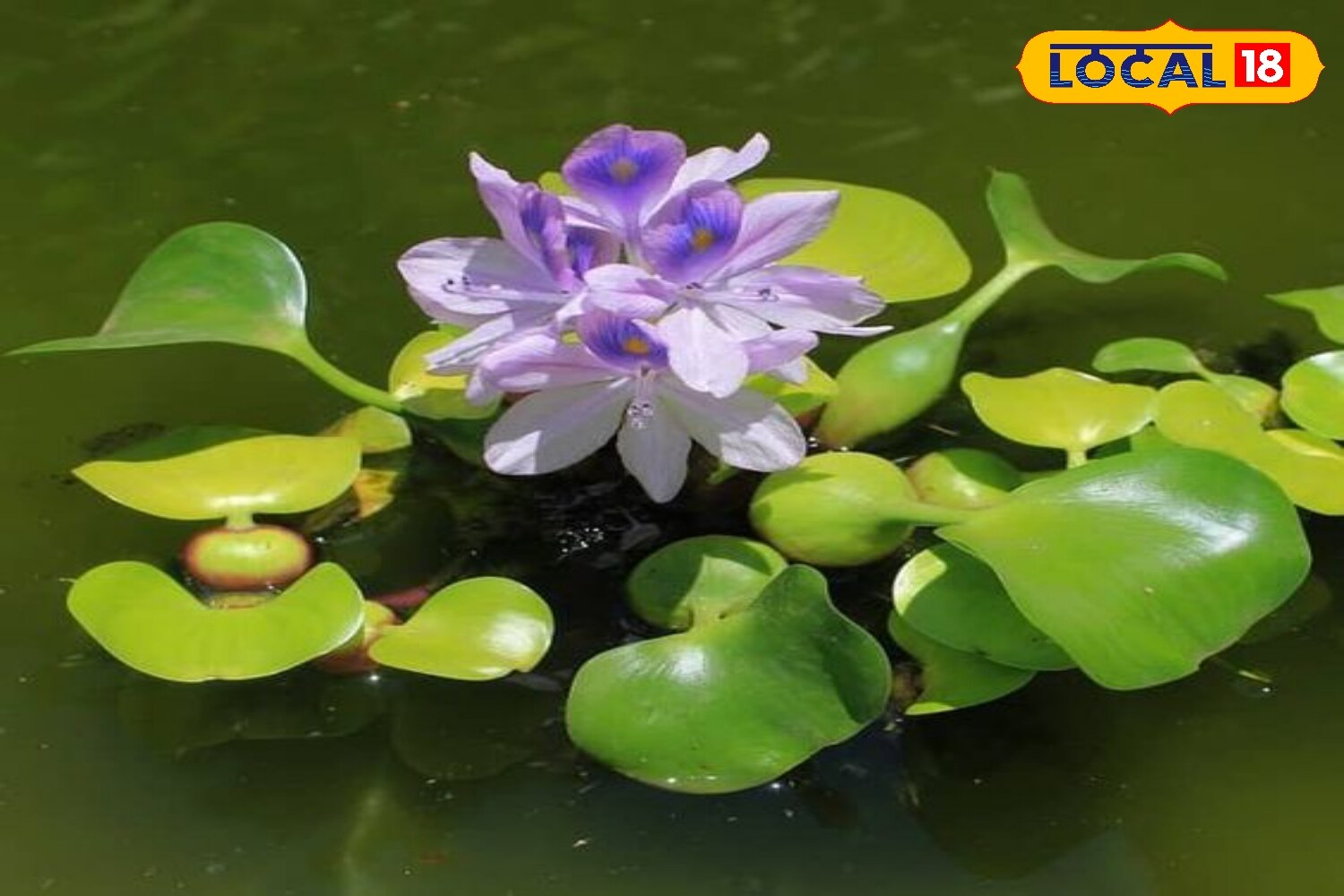
Its consumption is thought to help treat a range of serious ailments, including high blood pressure, arthritis, bronchitis, diuresis, toothache, and scurvy. Water hyacinth is abundant in antioxidants, and its potassium content aids in regulating blood pressure, maintaining a steady heartbeat, and supporting healthy blood vessels. (Local18)
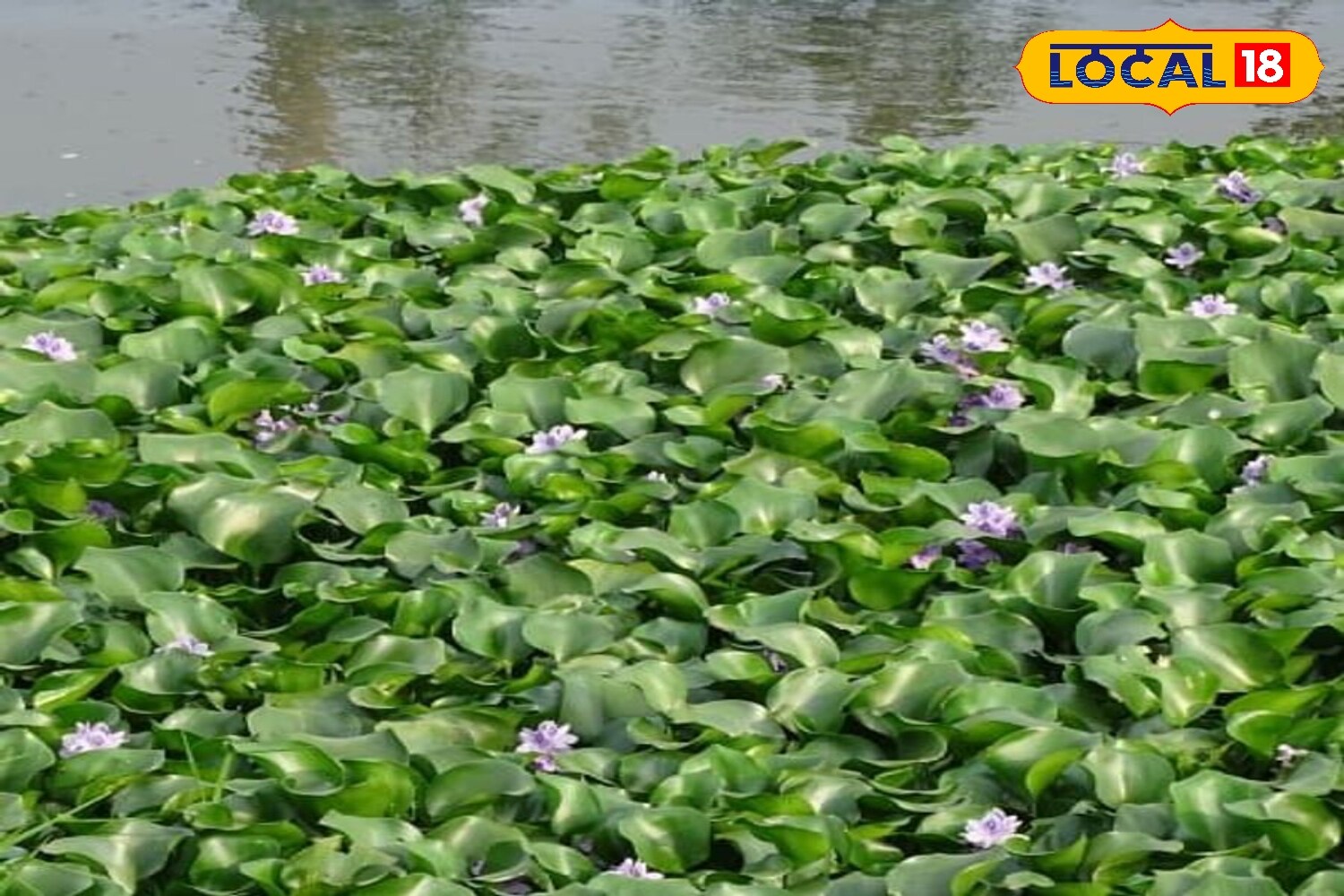
In fact, it is said to contain more nutrients than cashews and almonds. Its strong antifungal and antibacterial properties further enhance its health-promoting potential. (Local18)
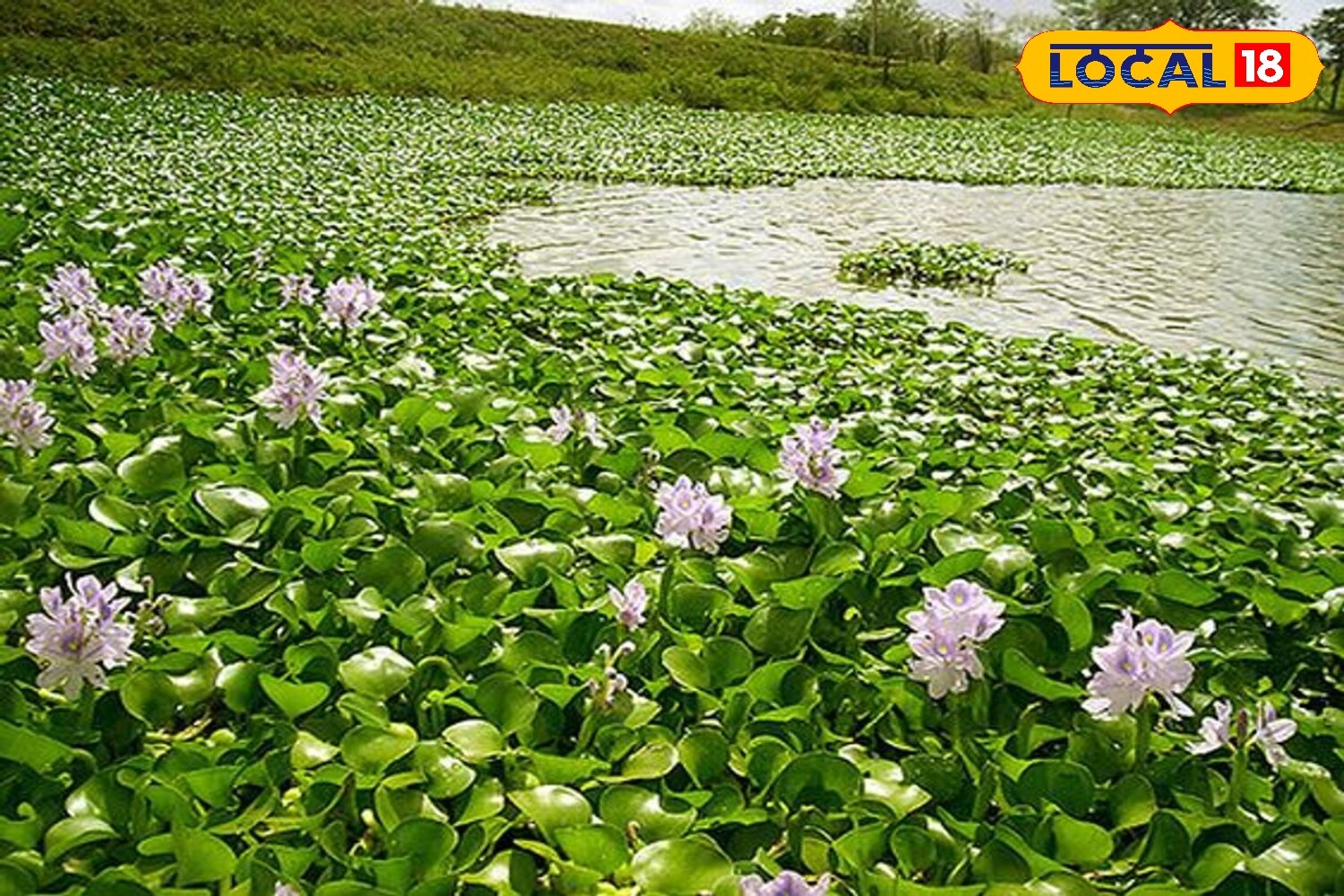
The plant is also regarded as beneficial for digestive health. Individuals suffering from digestive issues are advised to consume water hyacinth pods, which can help treat diarrhoea and flatulence. It may also aid in reducing bad cholesterol levels in the body. In cases of sore throat, swelling, or infections, an infusion made from its leaves can offer relief. (Local18)

Additionally, it has been used in the treatment of sexually transmitted diseases. The nutrient-rich leaves are believed to revitalise the body and enhance physical strength. Applied topically, its ash may help relieve various skin conditions. Its antioxidant properties also provide protection against harmful ultraviolet rays from the sun. (Local18)
Go to Source
Author: News18

